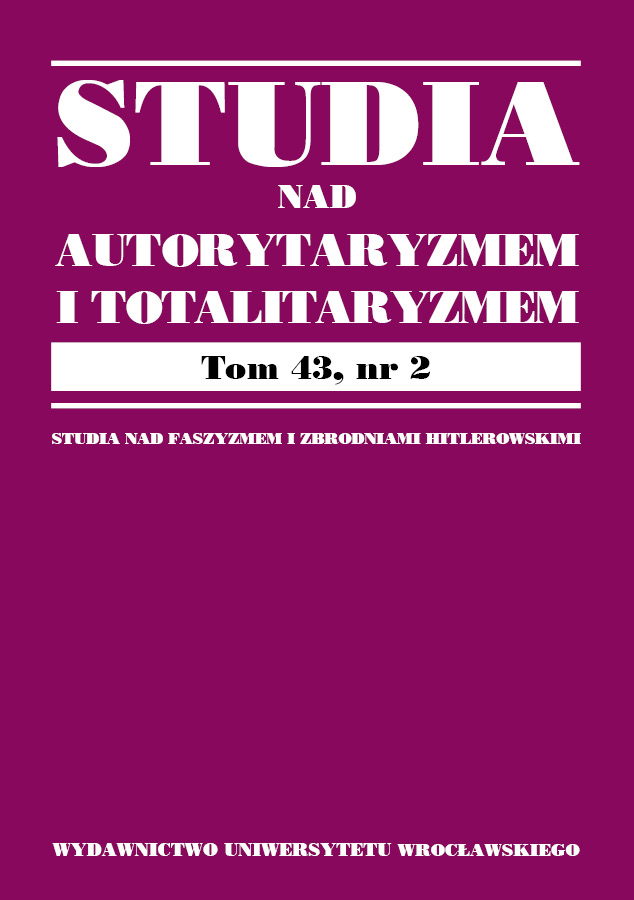

Articles

The aim of the paper is to answer the question: what image of a professional role does the vision of a court trial as a theatre contain? In carrying out such a task, first of all, I will present the reasons that justify comparing the theatrical practice to a court hearing. When carrying out this procedure, I will pay attention to the concept of role, the ritualization of activities, the architecture of space, and functions of the role performers’ clothing. From these findings, a dramatical vision of a court trial emerges, modelled on a theatrical performance. It assumes that the performing of a role by the actor and the judge or the lawyer is largely defined by factors external to the interpreter. Such an approach to the exercise of the profession can be related to the dramatic vision of the role in Erving Goffman’s theatrical metaphor. In this perspective, it is assumed that exercising a role is a performance that can lead to two images of the professional ethos. They are characterized by an attitude of identification with the role and an instrumental distance to the profession. I intend to question both of these views. By carrying out this task, I will show that presenting a court trial as a theater does not have to assume the image of a judge, a lawyer whose task is to develop the ability to adapt to the rules of the profession and faithfully reproduce them in the cases under consideration. In presenting this position, I use the findings of theatrologist Jerzy Grotowski and the anthropological research of Victor Turner, focusing on the idea of liminality.